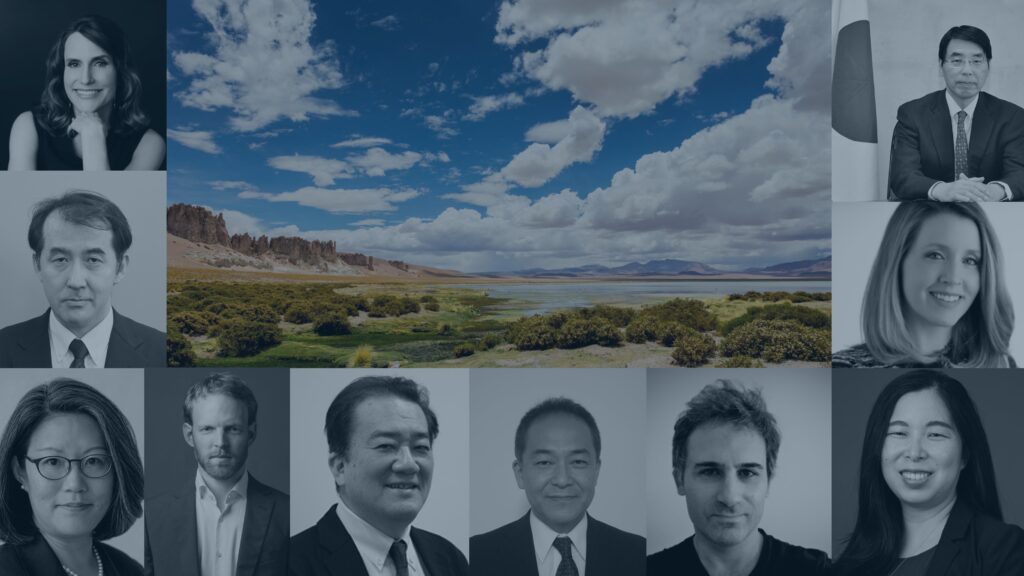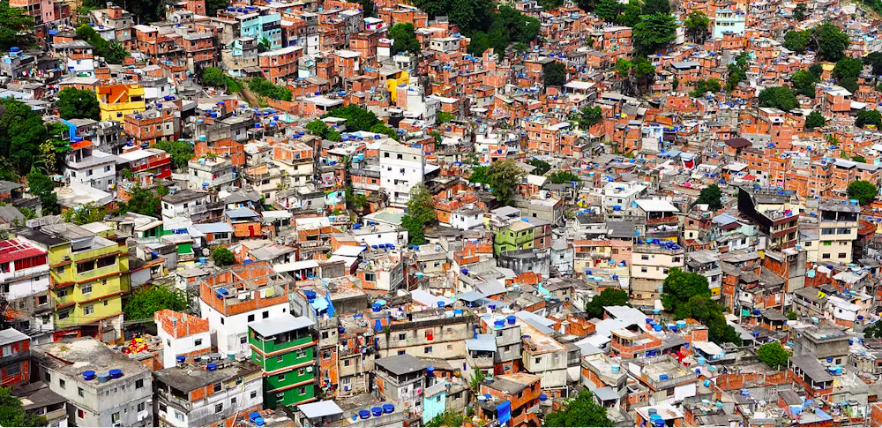This post is also available in: Português Español
On October 9, 2024, the Inter-American Dialogue and the Japan Association of Latin America and the Caribbean (JALAC) co-hosted the public event, “Bolstering Latin America-Japan-US Cooperation on Energy Transition and Critical Minerals Supply.” This convening marked the tenth in a series of collaborations between the Inter-American Dialogue and JALAC, held in Washington, DC, Tokyo, and across the Latin American region, to consider key developments in Japan’s policy toward Latin America and prospects for greater United States-Japan-Latin America cooperation on issues of mutual interest.
During this tenth collaboration, experts from academia and the private sector considered the possibility of enhanced Latin America-Japan-US partnership in the areas of energy transition and critical mineral supply. Speakers noted many prospects for greater cooperation by the US and Japan upheld by wide-ranging mutual interests, shared by many in the Latin American region, and an expansive and growing architecture for bilateral exchange and cooperation.
The prospects for more collaborative progress in Latin America are at a relative high, as panelist Jane Nakano suggested. Nakano explained that the US and Japan are increasingly working together in noteworthy ways in other regions, including the Asia-Pacific region and in parts of Africa, whether on infrastructure development and energy transition or to advance other key development objectives. This is also a moment, as several panelists stressed, wherein the goal of energy transition is increasingly critical, and access to the minerals and metals that are required to achieve certain green objectives is of growing global importance.
In his introductory remarks, Yasushi Noguchi, Director General of the Latin American and Caribbean Affairs Bureau of the Japan Ministry of Foreign Affairs, also underscored the importance of US-Japan partnership on energy and resources, as well as the need to cooperate more extensively with Latin America in pursuit of shared objectives.
The director general suggested growing Japanese interest in the region, building on many decades of engagement. Tokyo, he said, remains committed to reinforcing common values with the region, such as the principles of democracy, freedom of speech, freedom of navigation, while also cultivating partnerships on critical minerals and agricultural development, supporting Latin American efforts to address climate change, and maintaining still-extensive linkages to its sizeable overseas Japanese (nikkei) communities in Brazil and Peru, for example.
While there are many examples of Japanese engagement with Latin America in the areas, participants emphasized the importance of future Japanese and partner nation support for the region’s energy transition. Manabu Ohara, Director General of the Latin America and the Caribbean Department, Japan International Cooperation Agency, pointed to the Japan International Cooperation Agency’s efforts to thermal energy development in Costa Rica and Japan’s collaboration with the Inter-American Development Bank on green hydrogen development, as examples of productive and long-standing partnerships in these areas.
As Nobuaki Hamaguchi, professor at the Research Institute for Economics and Business Administration of Kobe University and vice-chair of the Japan Association of Latin America and the Caribbean, explained, the Japanese private sector is also heavily involved in these efforts. Japanese companies are intensifying investment and trade in critical minerals in Latin America. Japanese firms Toshiba and the Sojitsu signed a memorandum of understanding with Brazilian mining company CBM to develop large capacity lithium-ion batteries that use niobium-doped titanium oxide. And Mitsui has signed a contract that enables it to purchase a total of approximately 40,000 tons of lithium ore over the next five years, equivalent to about one million electric vehicle batteries.
Participants noted China’s already-considerable presence in energy transition and electrification in Latin America, and continued interest in China’s low-cost exports and green energy projects. But concerns are mounting among some in Latin America, according to Oliver Stuenkel, associate professor at the Fundação Getulio Vargas, about being forced into “the least attractive end of renewable energy and other supply chains,” wherein Latin America exports lithium and other critical mineral and then imports high-end goods, such as electric vehicles from China.
The best course of action for the US and Japan is not to warn against Chinese engagement, Stuenkel said, but rather to ensure sufficient engagement in emerging sectors, enabling Latin American nations to diversify their partnerships. “The more diverse your strategic partnerships,” he noted, “the greater your autonomy to actually craft a viable path in a world increasingly shaped by turbulence and multipolarity.” Participants suggested substantial prospect for enhanced collaboration in Latin America in support of all parties’ efforts to build economic security and advance common development objectives, including through already-established bilateral and multilateral platforms and partnerships.
WITH SUPPORT FROM
 |
 |
 |




